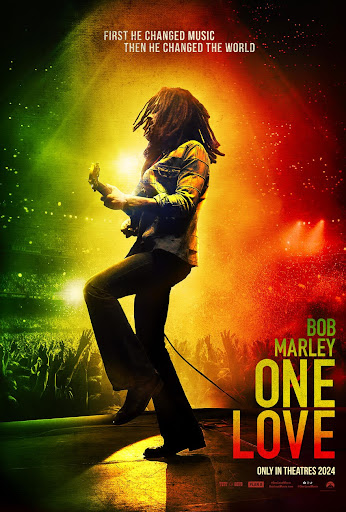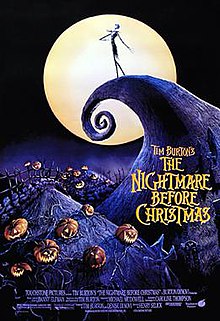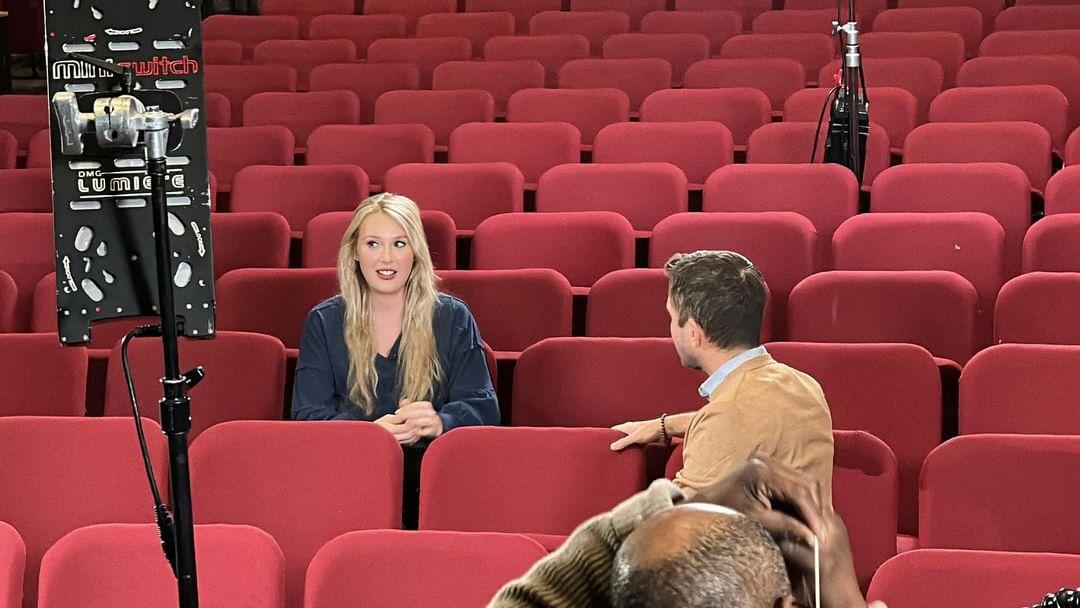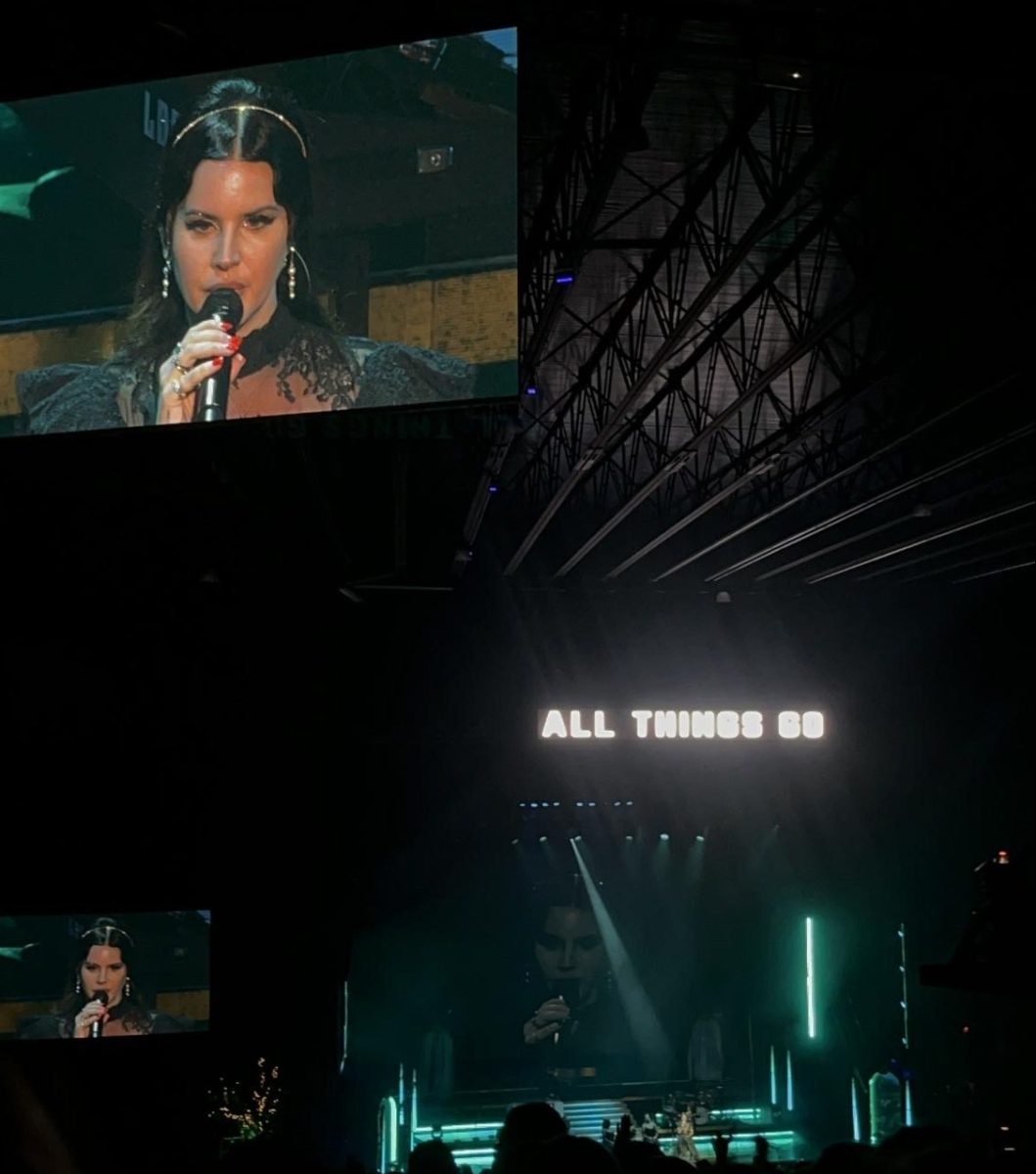In The Hunger Games, director Gary Ross has created a dystopian world in which the message of his film is clear: a government can have detrimental effects on a society when it takes violence and turns it into entertainment. He will please both avid fans of Suzanne Collins’s trilogy and newcomers with his enthralling film.
The story centers around Katniss Everdeen (Jennifer Lawrence), who lives in one of 12 districts in the nation of Panem. After a brutal rebellion 74 years prior, the districts are suppressed by a corrupt Capitol, which hosts an annual Hunger Games. A boy and a girl is to be selected from each district to fight to the death until there is one victor left standing. After her sister Prim is chosen as a tribute, Katniss volunteers to take her sister’s place and heads to the arena with fellow district member Peeta Mellark (Josh Hutcherson).
Ross spends a large portion of the movie creating the world of Panem and the corruption that fills the Capitol. He contrasts of the colorful people of the Capitol, who are engrossed with the death and violence in an unnerving way, with the voiceless people of the districts, who find such violence repellent. He foreshadows how this sort of society will be unsustainable despite the current strength of the Capitol. He could have spent less time detailing Katniss’s and Peeta’s trials and tribulations before the arena, as some important aspects of the actual Games felt rushed.
The acting in the movie was solid. Both Lawrence and Hutcherson were captivating and portrayed the harshness of the situation in a courageous and enthralling manner. Lawrence carried the lead role with both an unwavering stoicism and strength needed in the more intense scenes and a softness and vulnerability in the softer scenes.
Stanley Tucci (Caesar Flickerman), Donald Sutherland (President Snow) and Wes Bentley (Seneca Crane) all had scene-stealing performances despite their smaller roles. The President Snow and Seneca Crane roles were expanded for the movie. Their scenes were appreciated because they gave the audience a sense of the power they have in the control room and how easily they can end a tribute’s life. Their relationship also foreshadows the brutality of Snow, which will be explored as the trilogy continues.
Woody Harrelson captured Haymitch’s brusque yet still somewhat lovable manner and Elizabeth Banks added some much-needed laughs as Effie Trinket. Even Lenny Kravitz owned his short scenes as Katniss’s stylist, Cinna.
The cinematography was excellent, with Ross creating a stark contrast between the sterling Capitol and the rough coal-mining District 12. Although there were many fast-paced scenes in the arena and the cameras danced from one angle to the next, such adaptation was necessary to ensure that the audience could feel the confusion and havoc of the fights. Ross made sure to also use unsteady shots during intense fighting scenes. In a way, this saved some in the audience from truly seeing the cruel deaths that fill the arena.
In comparison with the book, the movie followed most of the basic plot points. Some smaller details were slightly changed or omitted, but this was most likely done in the interest of time. Such changes were necessary because the movie runs a lengthy 142 minutes.
One plot line that was not built-up enough was the relationship between Katniss and Peeta. This was most likely done by Ross so that the focal point of the movie would be the Games and the brutality of the Capitol, and the franchise would not turn into a Twilight-like love triangle causing the audience to choose a side. In an effort to focus the audience on the Games, their integral relationship was not explored to the extent it should have been. Some in the audience, who had not read the book, felt confused about how Katniss and Peeta felt about one another by the end. Since their relationship is so complex, a little more explanation and time would have been nice.
The movie ends in an eerie but cliff-hanging manner, which will leave audiences wanting more. Ross should be commended for sticking to the novel, but also using his own creative license in a way that does not harm the integrity of the story.










Gwen Levey • Mar 27, 2012 at 6:09 pm
I have been so disappointed by movies that I have been strongly anticipating lately. However, like the article says, The Hunger Games definitely did not disappoint and was very true to the book. Great article, Annie! :)